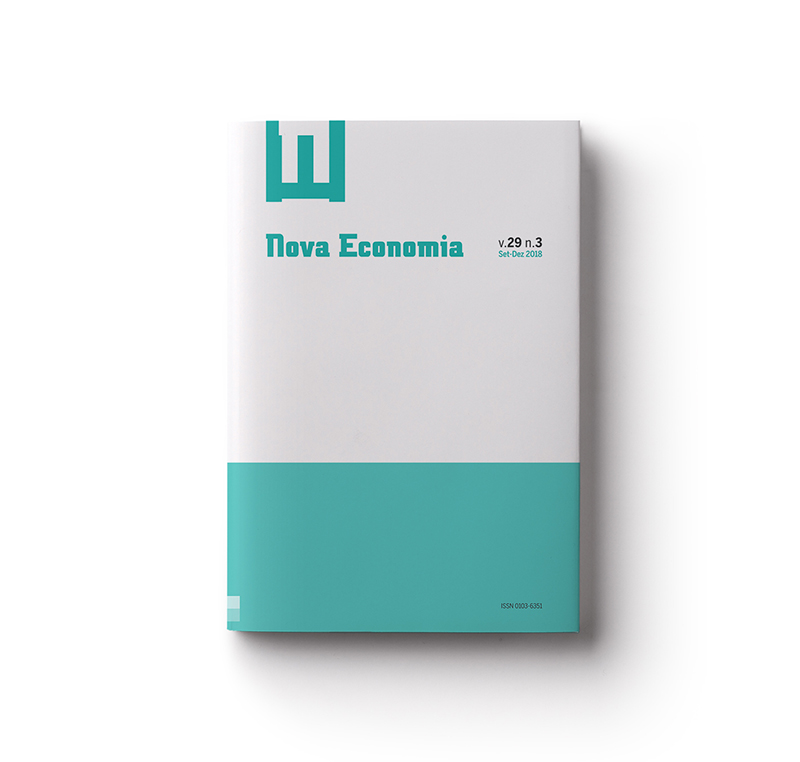A Valorização Imobiliária em Belo Horizonte, 1995-2012: uma análise hedônica-quantílica
Abstract
This paper estimates quantile hedonic price indexes for apartments in Belo Horizonte, Brazil, 1995-2012. From an urban economic point of view, the real estate is one example of a segmented market and for this reason we choose the quantile regression approach. The several results suggest that before 2004, when there was a lack of institutional mark for the real estate mortgages and macroeconomics environment
was too uncertain, there a little appreciation in apartments prices. In this period there wasn’t a regular pattern in quantile appreciation. Since 2005, there was a great appreciation of apartments in all segments of the market, since the real estate mortgage increases due to the reformulation of the real estate mortgage
institutional market. Before 2009, the appreciation was more pronounced in the highest segments. Since 2009, there was a reversion of the quantile appreciation pattern. The appreciation in lowest segments was higher than in the highest. Partly, this change can be attributed to countercyclical policies implemented by
Brazilian Government which focus on families with medium and low incomes.
Keywords: real estate market, price indexes, hedonic prices, quantile regression.
Downloads
Published
How to Cite
Issue
Section
License
Authors who publish with this journal agree to the following terms:
- Authors retain copyright and grant the journal right of first publication with the work simultaneously licensed under a Creative Commons Attribution 4.0 International License that allows others to share the work with an acknowledgement of the work's authorship and initial publication in this journal.
- Authors are able to enter into separate, additional contractual arrangements for the non-exclusive distribution of the journal's published version of the work (e.g., post it to an institutional repository or publish it in a book), with an acknowledgement of its initial publication in this journal.
- Authors are permitted and encouraged to post their work online (e.g., in institutional repositories or on their website) prior to and during the submission process, as it can lead to productive exchanges, as well as earlier and greater citation of published work (See The Effect of Open Access).




